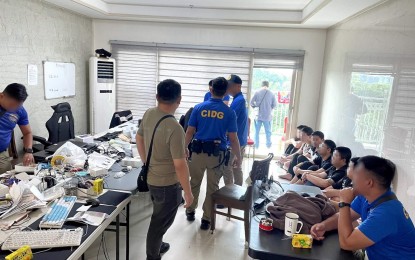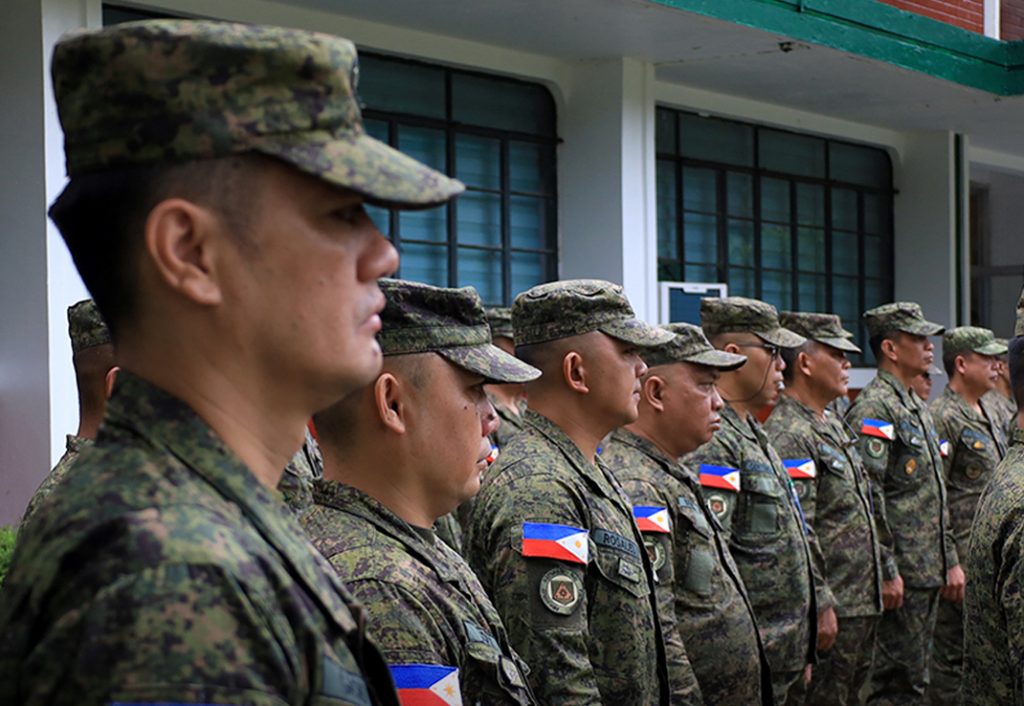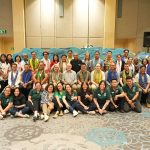Now Reading: PBBM Declares End to POGO Operations in the Philippines
-
01
PBBM Declares End to POGO Operations in the Philippines
PBBM Declares End to POGO Operations in the Philippines

In a landmark decision, President Ferdinand R. Marcos Jr. officially banned Philippine Offshore Gaming Operations (POGOs), citing their links to organized crime, corruption, and social disruption.
“Effective today, all POGOs are banned,” Marcos declared during his third State of the Nation Address (SONA) in July 2024, drawing applause and standing ovations from lawmakers and the public.
This policy is formalized through Executive Order (EO) No. 74, mandating the cessation of all POGO operations by December 31, 2024. Marcos emphasized that the decision aims to uphold the rule of law and protect Filipinos from crimes such as human trafficking, cyber fraud, money laundering, and murder.
Government Crackdown on POGOs
Law enforcement agencies were instructed to intensify crackdowns on illegal POGO activities. The Philippine National Police (PNP), Philippine Anti-Organized Crime Commission (PAOCC), Criminal Investigation and Detection Group (CIDG), and Department of the Interior and Local Government (DILG) are actively dismantling POGO-linked operations nationwide.
DILG Secretary Jonvic Remulla confirmed the closure of the largest POGO hub in Kawit, Cavite, while authorities continue to monitor disguised operations rebranded as BPOs and resorts.
As of November 29, 2024:
- 53,700 offshore gaming licenses revoked
- 45 Internet Gaming License (IGL) operators shut down
- 2,300 foreign workers deported
- 17 individuals arrested in Parañaque scam hub
- 8 charged with human trafficking in Tarlac
“POGOs have become synonymous with exploitation and fraud,” said PNP spokesperson Brig. Gen. Jean Fajardo. “We are dismantling their networks and preventing any resurgence.”
Supporting Displaced Workers and Strengthening Cyber Security
The Department of Labor and Employment (DOLE) and Department of Trade and Industry (DTI) have launched job placement programs to assist displaced POGO workers in transitioning to sustainable careers.
Task Force Skimmer leads cyber investigations into POGO-linked online fraud. DILG Undersecretary Lord Villanueva stressed the severity of crimes associated with these operations, including forced labor and torture.
“Many tech-savvy individuals were lured with false job offers, only to be detained and abused. Some were even killed for noncompliance,” Villanueva stated.
A Decisive Step for National Integrity
President Marcos’ move has been praised as a bold step toward restoring public order. While acknowledging that challenges remain, he emphasized the importance of decisive action.
“To build a stronger nation, we must uphold the rule of law and protect the well-being of our people,” he said, quoting British philosopher John Stuart Mill: “He is not a good man who, without protest, allows wrong to be committed in his name.”



























